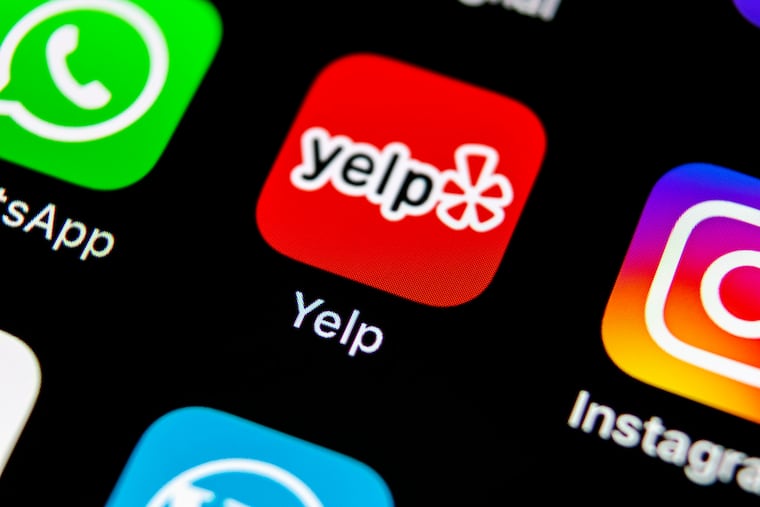Yelp reviews could help hospitals target racism, Penn study finds
Researchers find that the same site that registers displeasure with restaurants and other merchants is also a good place to get an unfiltered look at patient experiences.

Hospitals have acknowledged they have a problem with racial bias and said they want to improve patients’ experience.
But to make meaningful change, hospitals must first find a way to self-evaluate and measure episodes of racism, discrimination, and microaggression.
Unlike many of the other quality metrics that hospitals track, such as infections and surgical injuries, episodes of racism and discrimination can be difficult to measure. Even patient satisfaction questionnaires tend to focus on details that hospital administrators assume are important to patients, such as the cafeteria food, ease of parking, and room comfort and cleanliness.
“Racism and discrimination are very poorly captured in hospital performance metrics. It’s this intangible and subjective experience,” said Jason Tong, a general surgery resident at the University of Pennsylvania, whose research focuses on race disparities in health care. “The holy grail is figuring out how we can link these subjective experiences to objective outcomes.”
Online reviews may be an untapped resource for hospitals. In a new study published online in JAMA Open Network this week, Tong and his colleagues found that hospital reviews on Yelp, a website where people rate their experience at restaurants and businesses, often detailed experiences of racism.
“It’s powerful because it’s anonymous — it reduces the fear of reporting, it’s familiar, and it’s open-ended,” Tong said. “It allows consumers to comment on what matters to them.”
Researchers analyzed 90,786 online consumer reviews of hospitals and found 260 reviews of 190 hospitals in 33 states that specifically mentioned racism. The vast majority cited an individual offender — most often a doctor or nurse — who was disrespectful, unprofessional, or perceived to have altered their approach to caring for the patient due to racism.
Their findings suggest, Tong said, “that we as health-care leaders should turn to consumers more often.”
» READ MORE: For patients fighting sickle cell disease, finding compassionate care is part of the battle
With race disparities in health care on particularly vivid display during the coronavirus pandemic, researchers have increasingly been looking for ways to evaluate hospitals’ health care.
Earlier this year, the Lown Institute, a Boston-area health-care think tank founded by cardiologist and Nobel Peace Prize recipient Bernard Lown, released its inaugural hospitals index, which ranked hospitals by racial inclusivity — how closely their patient population reflects the demographics of the community they serve.
The report, which the institute hopes to improve on and publish annually, is intended to measure how well hospitals serve patients of color. The report found that Black patients often travel to farther-away hospitals, bypassing those in their own neighborhood.
Yelp reviews could help hospitals understand why that is, Tong said.
“What’s driving these choices? And is the presence of racism a factor?” he said.
Emergency medicine doctors and researchers at Penn have used Yelp to evaluate addiction treatment centers, for which there is no standard rating system.
And large health systems employ social media teams to comb websites like Yelp and Facebook for patient critiques.
One limitation of using online reviews to target racism at hospitals is that the reviews often can’t be tied to a specific episode of care, which makes evaluating how racist experiences correlate with quality of care difficult, Tong said.
“Does a negative patient encounter link to a negative clinical outcome?” he said. “Or is it more complex?”